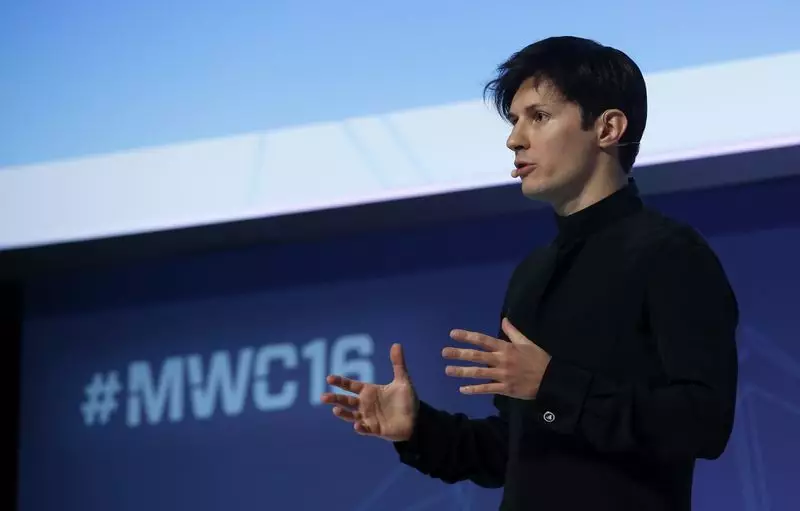The recent arrest of Pavel Durov, the billionaire founder and CEO of the popular messaging app Telegram, at the Bourget airport outside Paris has sent shockwaves through the tech industry. Durov, known for his strong stance on privacy and free speech, has been a controversial figure in the world of social media. His decision to leave Russia in 2014 rather than comply with government demands to shut down opposition communities on his VK platform marked a turning point in his career.
According to reports from TF1 TV and BFM TV, Durov was arrested in France based on a preliminary police investigation that focused on a lack of moderators on Telegram. Police believe that this lack of moderation has allowed criminal activity to thrive on the platform, raising concerns about the app’s role in facilitating illegal behavior. While the specifics of the investigation have not been made public, it is clear that authorities are taking a closer look at Telegram’s operations.
Telegram has gained significant prominence during the ongoing conflict between Russia and Ukraine, serving as a primary source of unfiltered information for both sides. The app has become a preferred means of communication for Ukrainian President Volodymyr Zelenskiy and his officials, as well as the Kremlin and the Russian government. This has raised questions about Telegram’s role in shaping public opinion and disseminating news about the war.
In response to his arrest, Durov emphasized the importance of Telegram remaining a neutral platform, free from geopolitical influences. He reiterated that the app, which boasts 900 million active users, should not be seen as a player in global politics. However, his arrest has sparked outrage among Russian officials, with accusations that France is acting in a dictatorial manner. Calls for protests at French embassies around the world have also emerged, highlighting the international repercussions of Durov’s detention.
The arrest of Pavel Durov has raised important questions about the role of social media platforms in today’s society. As Telegram continues to grow in popularity and influence, it will face increasing scrutiny from governments and law enforcement agencies. The case of Durov serves as a reminder of the complex intersection between technology, politics, and freedom of speech. Moving forward, it will be crucial to monitor how this situation unfolds and the potential implications it may have for the future of digital communication.

